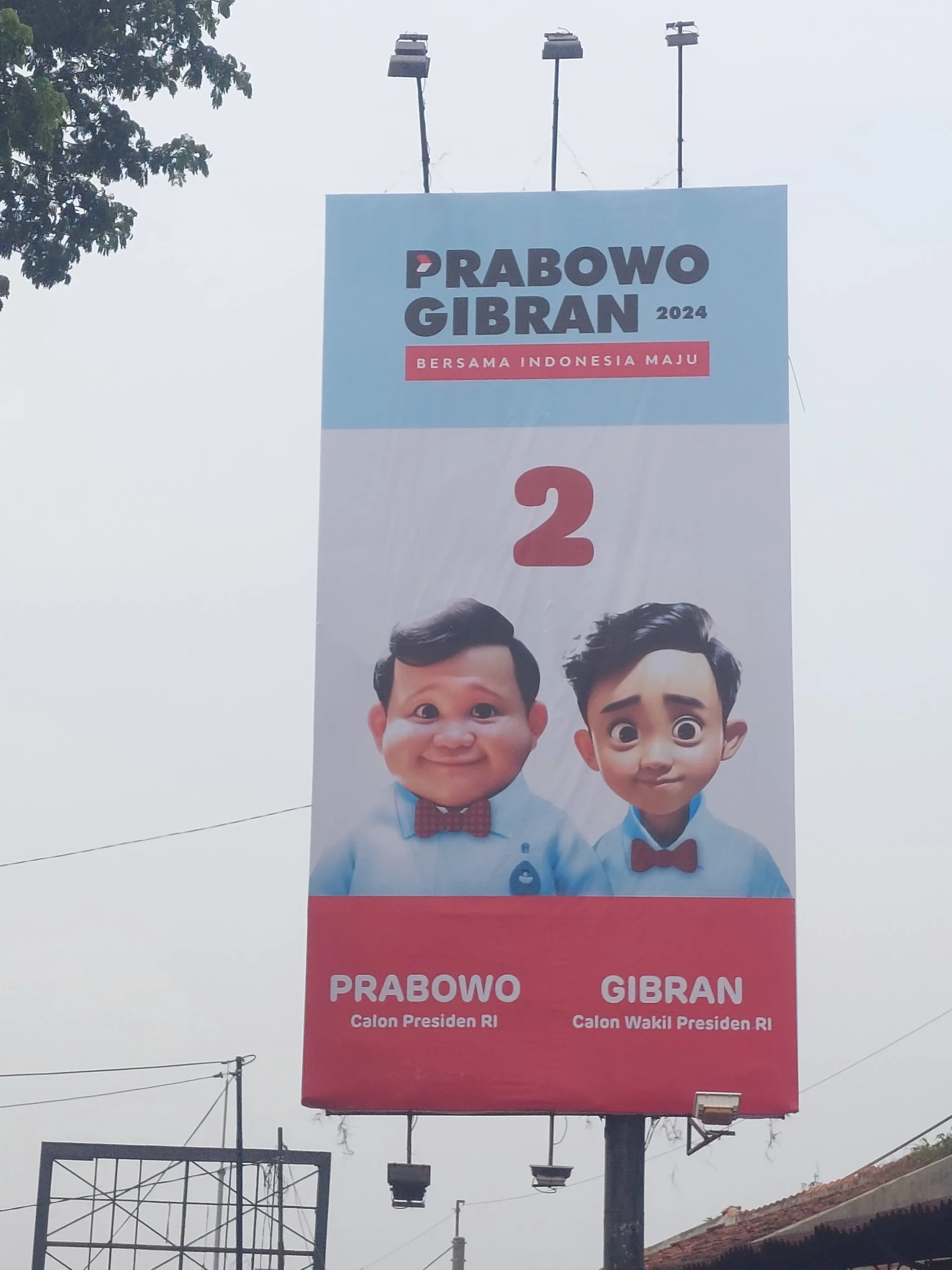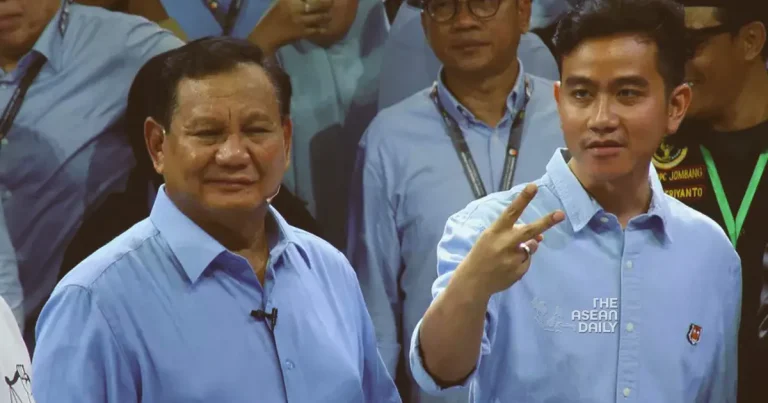8-2-2024 (JAKARTA) As Indonesia prepares to vote on February 14th in one of the world’s largest elections, a curious trend has emerged. Candidates across the political spectrum are leveraging cutting-edge AI tools to connect with and persuade voters, especially tech-savvy youth. From personalized messaging apps to cute generative avatars, campaigns are pushing the boundaries of what’s allowed under still-emerging guidelines on ethical AI use.
The breakout star has been former general Prabowo Subianto. His team created a doe-eyed cartoon avatar using Midjourney AI that stars in playful social media posts conveying a new gemoy (cuddly) image. This rebranding from fiery nationalist to cute grandpa “Pak Gemoy” seems tailored to woo young voters who make up over half the electorate. And it’s working – many cite his avatar as their reason for backing Prabowo.

But Indonesia’s enthusiastic adoption of campaign AI merits caution. Tools claiming to just support communications may subtly cross lines. Platforms like Pemilu.AI offer legislative candidates localized speech and slogan generation powered by OpenAI, whose policies prohibit political use. Proprietors assert compliance, but openly discuss global expansion plans.
Prabowo also benefits from an app analyzing sentiment and generating sharable art. And deepfakes of beloved dead former leaders like Suharto urging support for candidates make waves online. Such evolving tactics raise concerns about manipulation said watchdogs.
While disinformation remains limited this cycle, the lack of binding regulations and eagerness to gain an edge means AI may not stay benign long. Favorable responses so far will likely accelerate adoption elsewhere, including India’s election this year and the 2024 US presidential race.
But the fundamental issue isn’t technology – it’s the values we imbue it with. Used judiciously, AI could increase access, engagement, and understanding. But narrowly optimized for votes over truth, it risks eroding democracy’s foundations.




